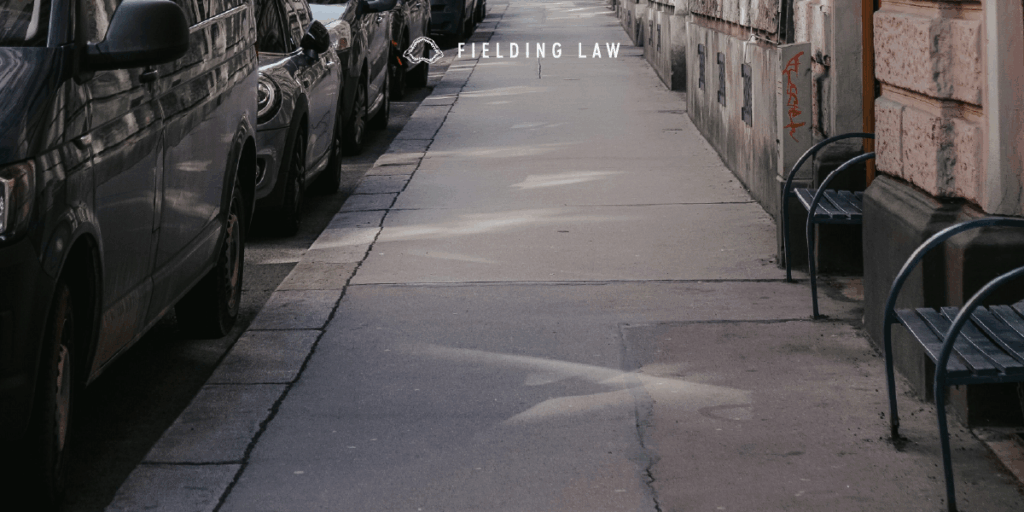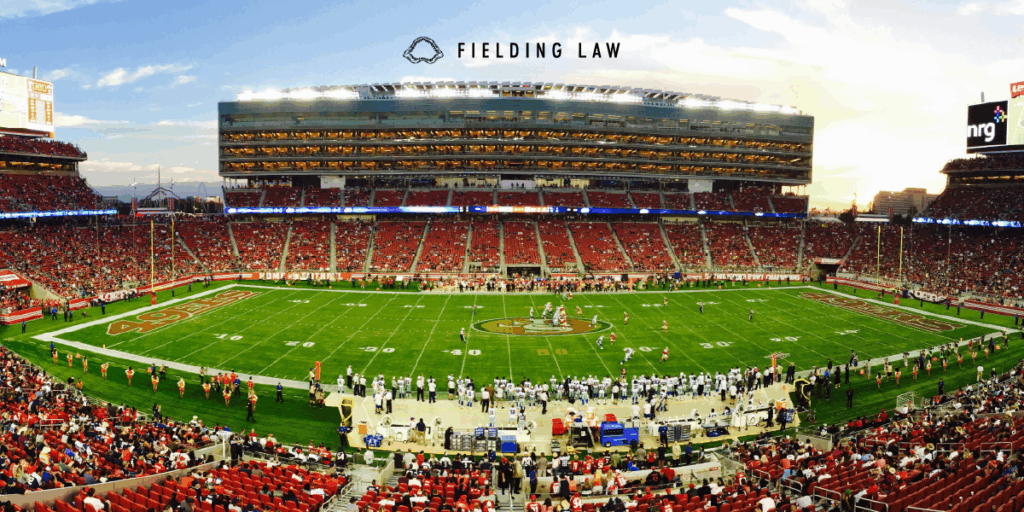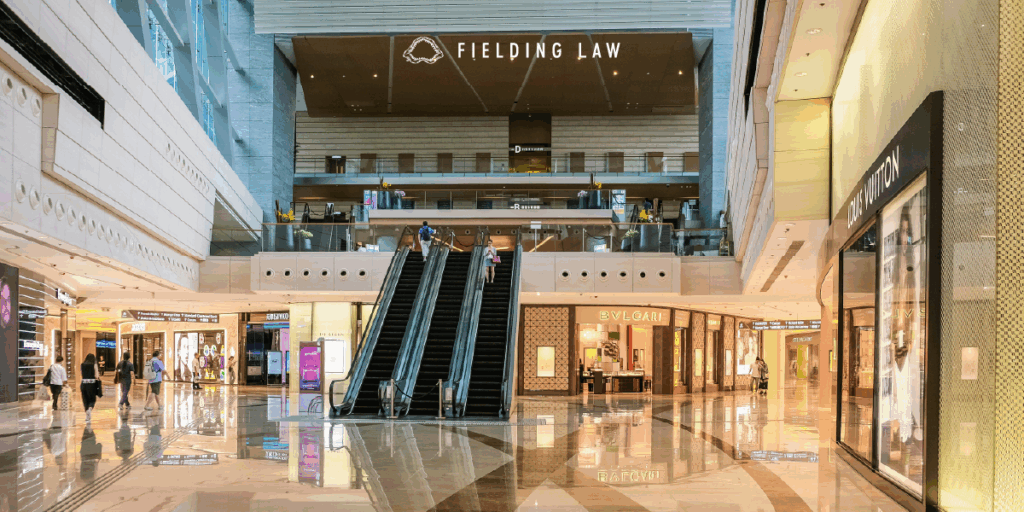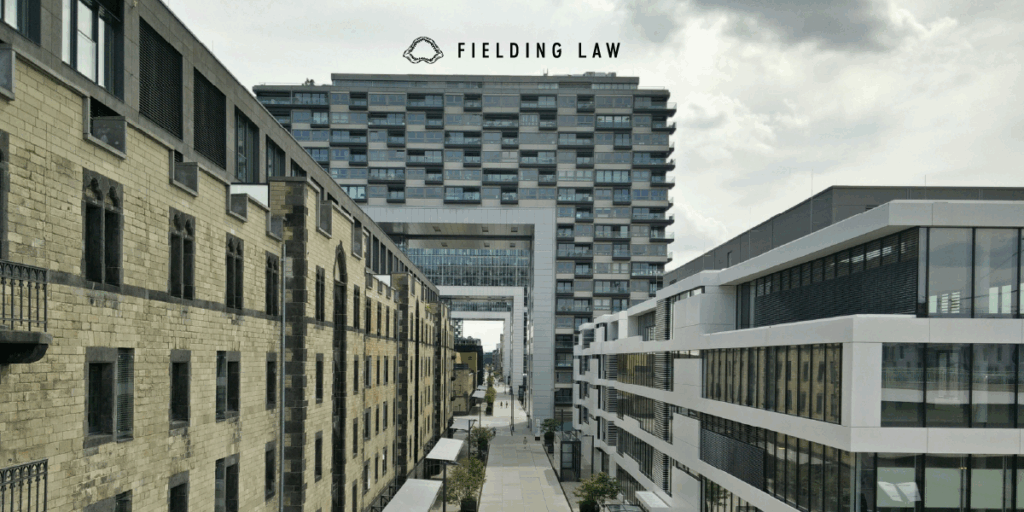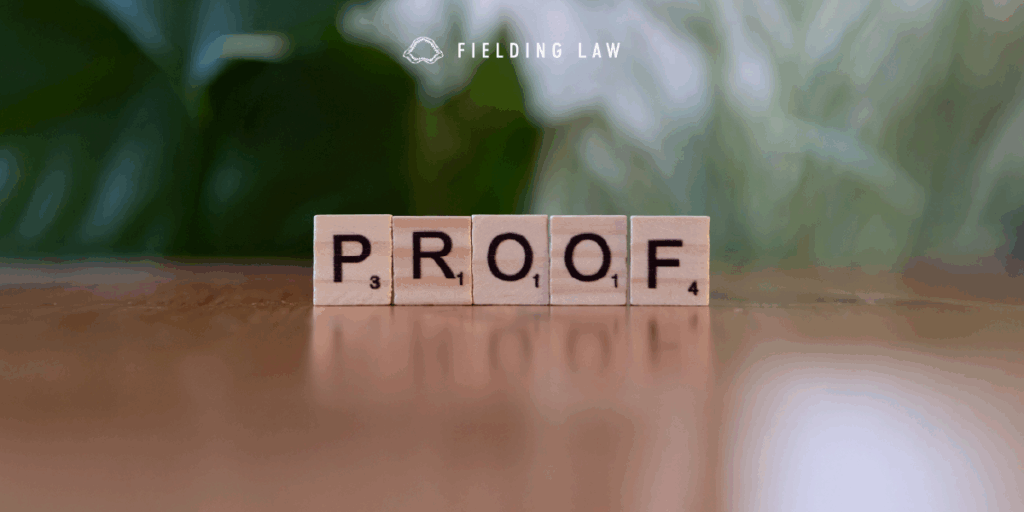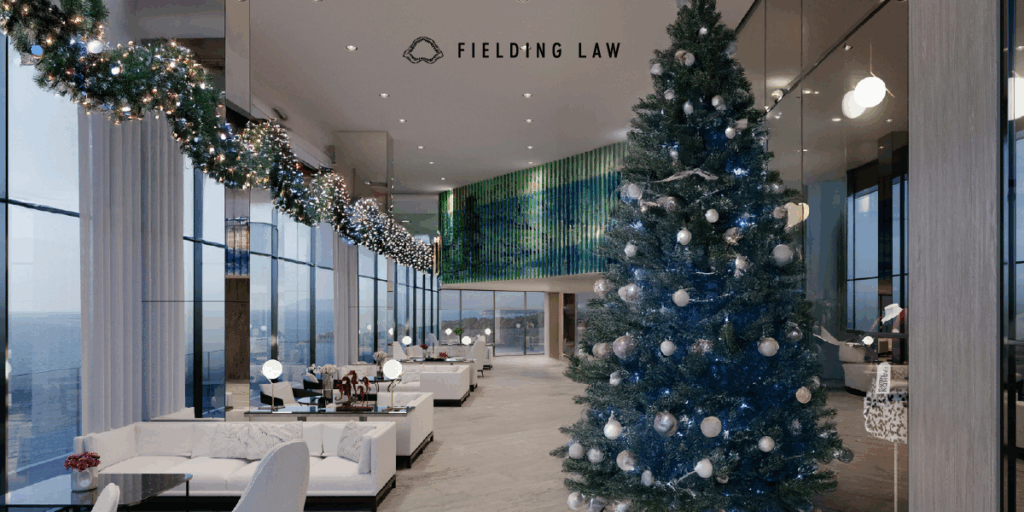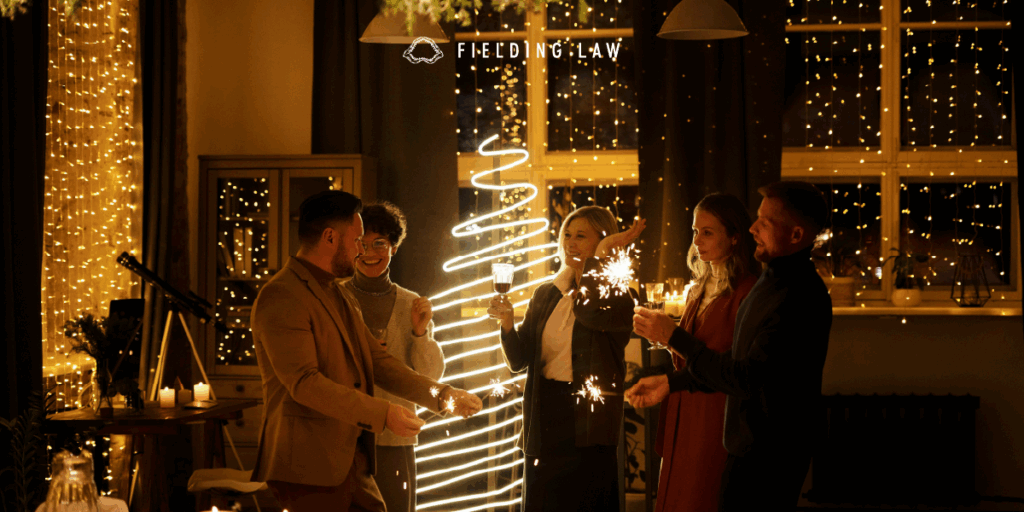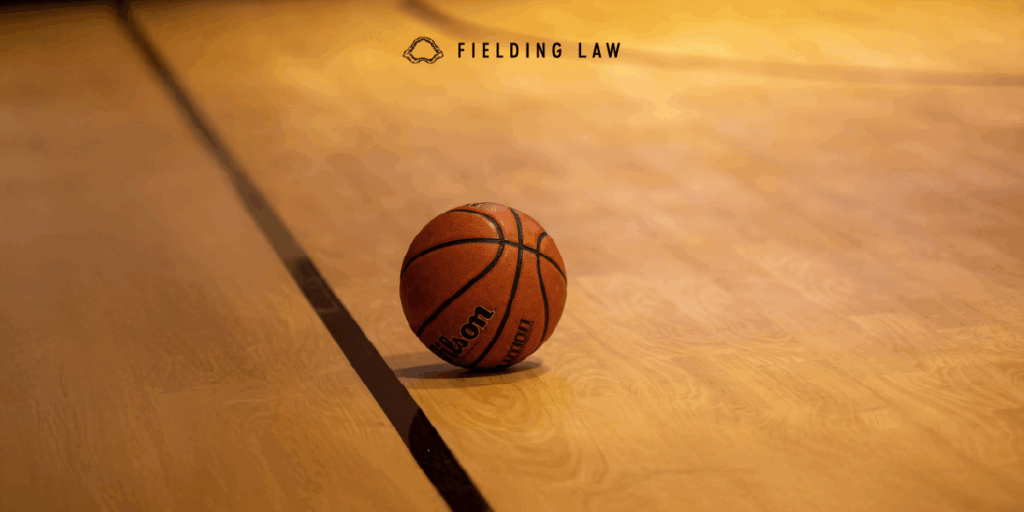
Basketball season is here! That means packed arenas, the smell of concession favorites, and unforgettable memories with family and friends. However, with all the cheering, running, and excitement, things can sometimes go wrong. Even from the sidelines, the action can get risky, and accidents can happen very quickly. Big crowds are part of the fun, but they can also create safety risks where you can become injured at a Wildcats game.
Hidden Risks in the Stands
- Flying Objects: Basketballs can sometimes leave the court unexpectedly. If you or a loved one are not paying attention or sitting too close, injuries can quickly follow. As a result, fans often have only a split second to react, especially if they are watching replays or helping kids with snacks. Objects like phones, bags, or drinks thrown accidentally by other fans can also become hazards.
- Seating and Stadium Hazards: Slips, falls, or unstable seats are more common than you might expect. Crowded aisles, stairs, or poorly maintained sections of the arena can lead to accidents. Accidents are especially common when fans move quickly between halftime or exit the arena at the end of the game.
- Fan Reactions and Crowd Surges: The energy of the crowd can be intense and overwhelming at times. Collisions with other fans, jumping up, or turning fast can all lead to injuries, showing that the action extends beyond the court.
- Food Accidents: Burns from hot drinks, spills, or choking hazards are another overlooked risk. Spills are especially common in tight seating rows where there is little room to move. Even everyday concession items can lead to accidents and cause injuries at a Wildcats game.
Smart Ways to Stay Safe at the Game
- Purchase seat tickets a safe distance from the court: Choose a seat a little farther back from the court to reduce the risk of getting hit by a stray ball or accidental collisions while enjoying the game.
- Hold onto railings when climbing stairs: Arenas can get crowded and stairs slippery, especially when fans are moving quickly between concessions and seats. Falls on stairs often lead to more serious injuries than slips on flat ground. Therefore, using handrails helps prevent slips and falls.
- Secure your belongings and group: Remember to keep bags, phones, and other items close and zipped or fastened. Loose items can become tripping hazards or get lost in the excitement of the crowd. Keep children or elderly family members close as they are more at risk in crowded areas.
- Be Aware of Emergency Exits and First Aid: Familiarize yourself and loved ones with the arena’s exits, first aid stations, and emergency procedures. Being calm and prepared can make all the difference if an accident occurs.
How Fielding Law Helps You Bounce Back
Our experienced team can help you determine whether the stadium, its employees, or others in the crowd caused your injury. We guide you through your options and next steps. Getting injured at a Wildcats game can quickly turn a fun night into a stressful situation. Fielding Law has extensive experience handling stadium injury cases and helping clients recover from accidents at sporting events. Call 833.88.SHARK for your free consultation today.
Note: Information provided is for educational purposes and does not constitute legal advice. Always consult with a qualified attorney for legal concerns.
